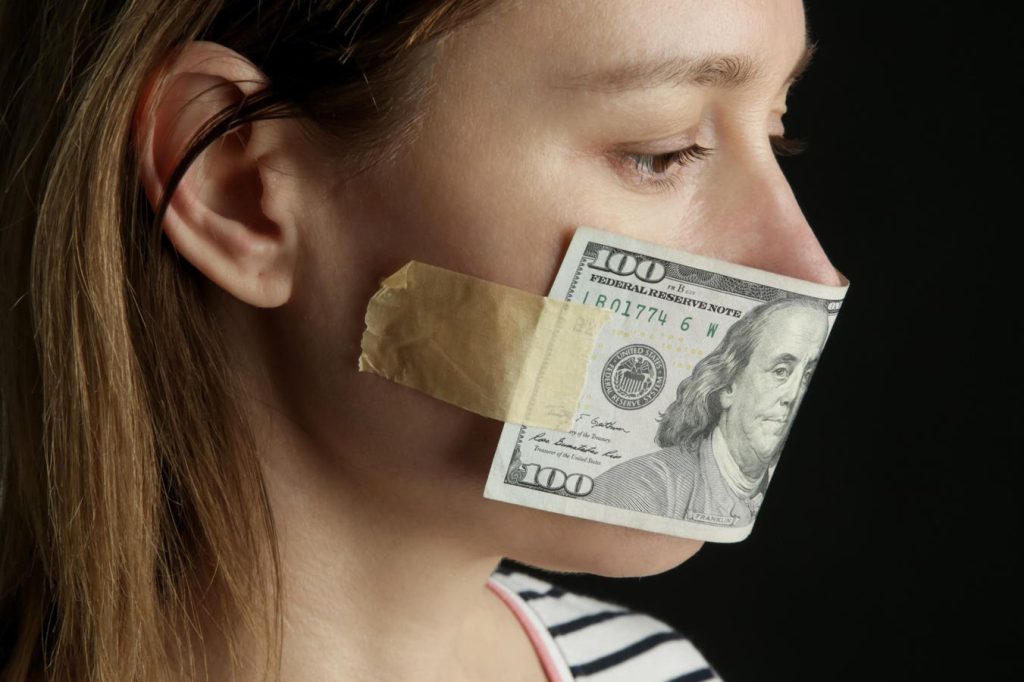Former President Donald Trump is set to begin trial in New York over charges related to hush money paid to Stormy Daniels. While hush money may sound illicit, it is a common practice in the business world. The charges against Trump involve allegations of falsifying business records to conceal damaging information during his 2016 election campaign. Tax rules play a crucial role in these cases, as every form of payment has tax implications for both the payer and recipient.
The IRS considers hush money as income that must be reported on taxes, unless it is compensation for physical injuries. Lawsuit settlements are typically considered taxable income, apart from compensatory personal injuries. The IRS places strict guidelines on what qualifies as physical sickness for tax purposes. Additionally, plaintiffs may be taxed on the full amount of their settlement, even if their legal fees are deducted. The 2017 tax law imposed restrictions on plaintiff deductions for legal fees, resulting in decreased settlements post-tax.
Businesses often settle legal claims to avoid negative publicity. Confidentiality is a standard requirement in settlement agreements to prevent public disclosure of the amounts paid. These hush money payments are usually tax deductible for businesses, except for cases involving sexual harassment or abuse. Individuals rarely claim write-offs for hush money payments, as it must be related to their trade or business. The 2018 tax law prohibits businesses and individuals from deducting confidential settlements related to sexual harassment or abuse.
Some companies have found ways to work around the restrictions on deducting sexual harassment settlements by splitting the payment into different categories. By allocating a portion of the settlement to a non-confidential claim, companies may still be able to write off the majority of the payment. However, many businesses prefer to forgo the tax deduction to keep the settlement confidential. Legal fees can also pose challenges in these cases, as the 2018 tax law prevents businesses from deducting fees related to settlements involving sexual harassment or abuse.
In conclusion, hush money payments are a common yet controversial practice in the business world. The upcoming trial involving former President Donald Trump sheds light on the legal and tax implications of such payments. Tax rules play a crucial role in determining the taxability of hush money, with strict guidelines from the IRS. Businesses and individuals must navigate these laws carefully to ensure compliance and avoid potential tax issues. The evolving landscape of tax laws related to confidential settlements adds another layer of complexity to hush money cases.


